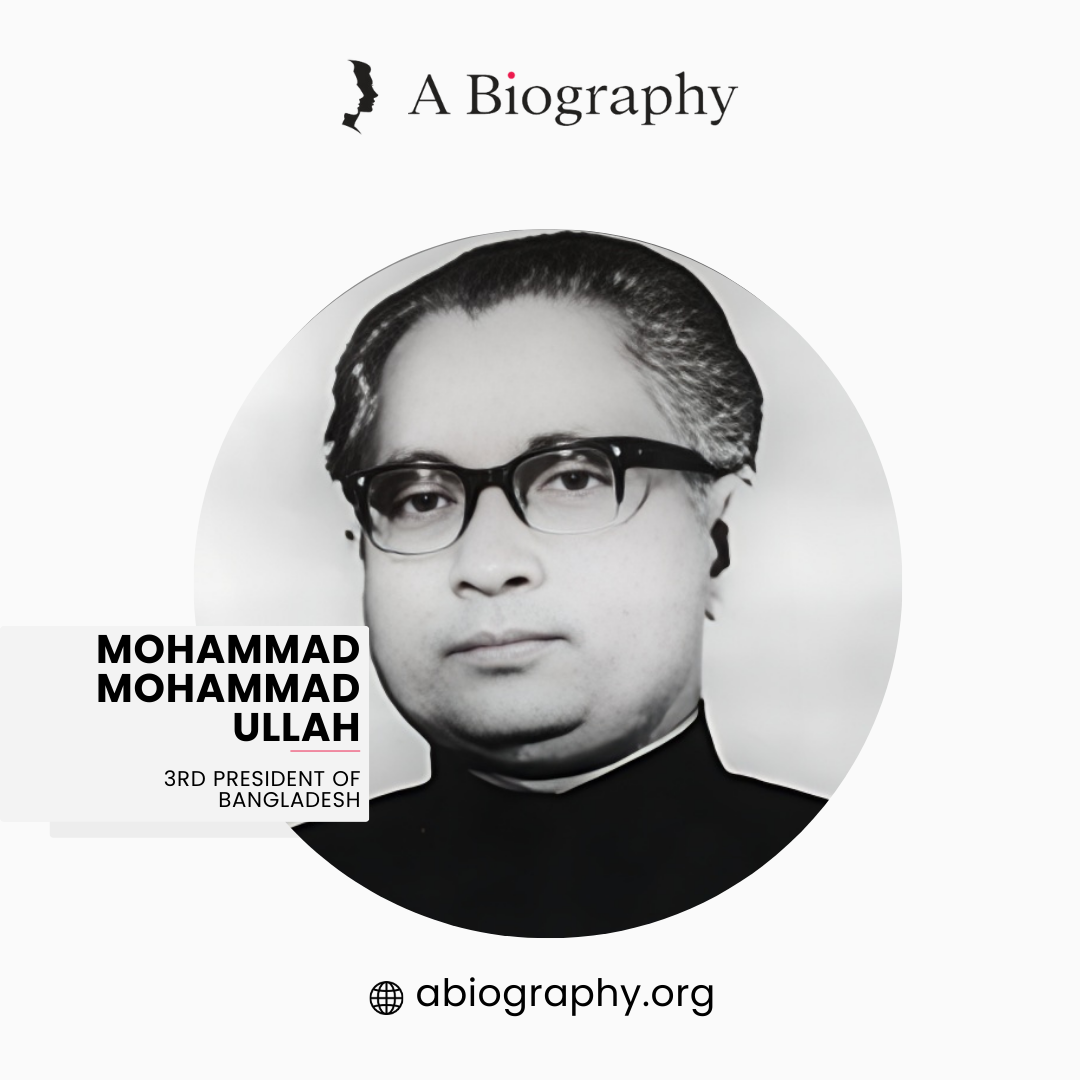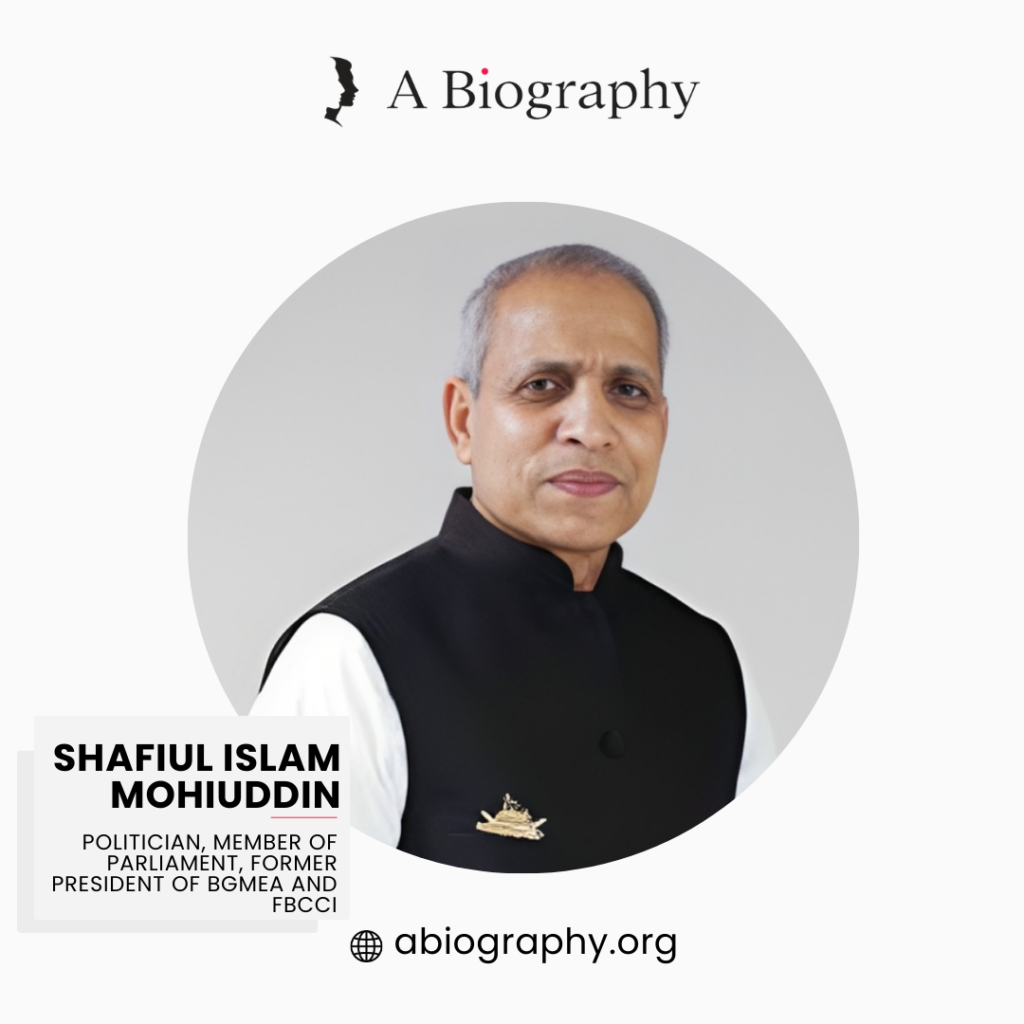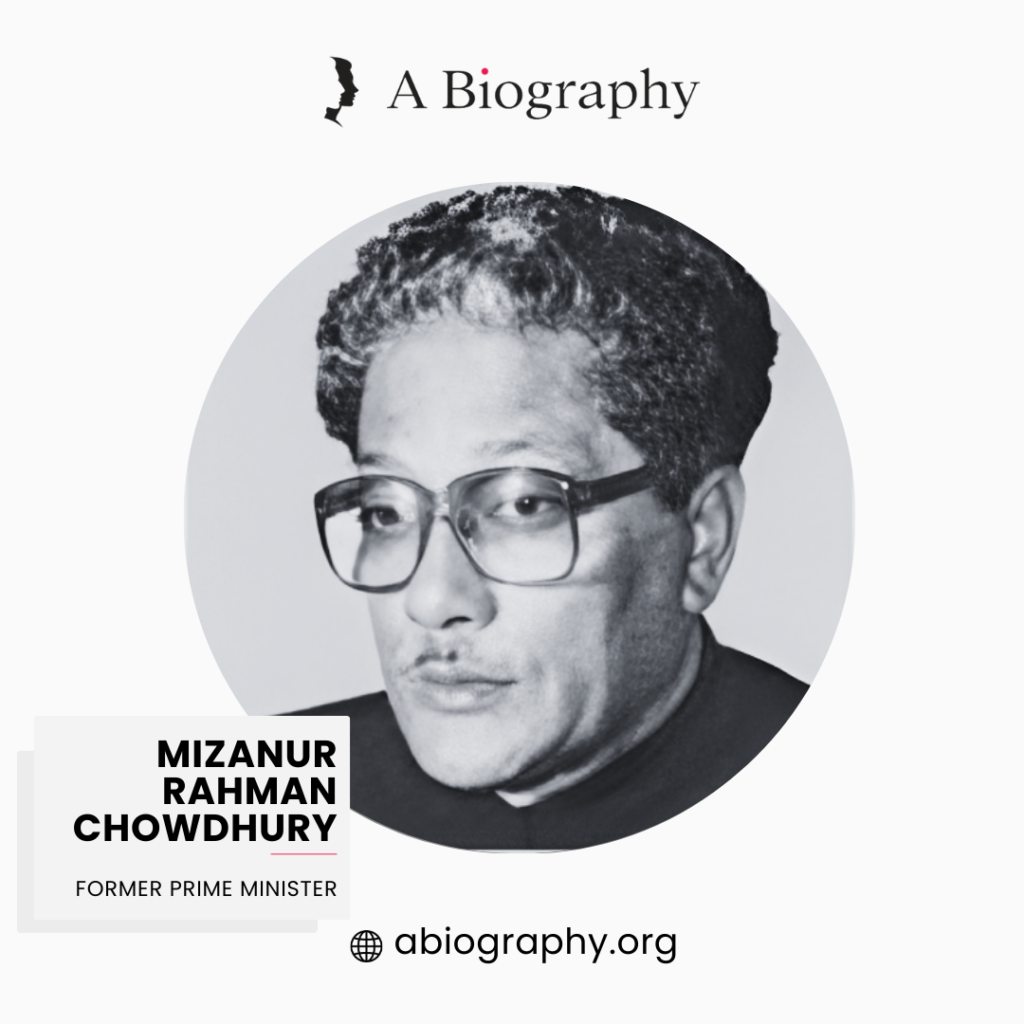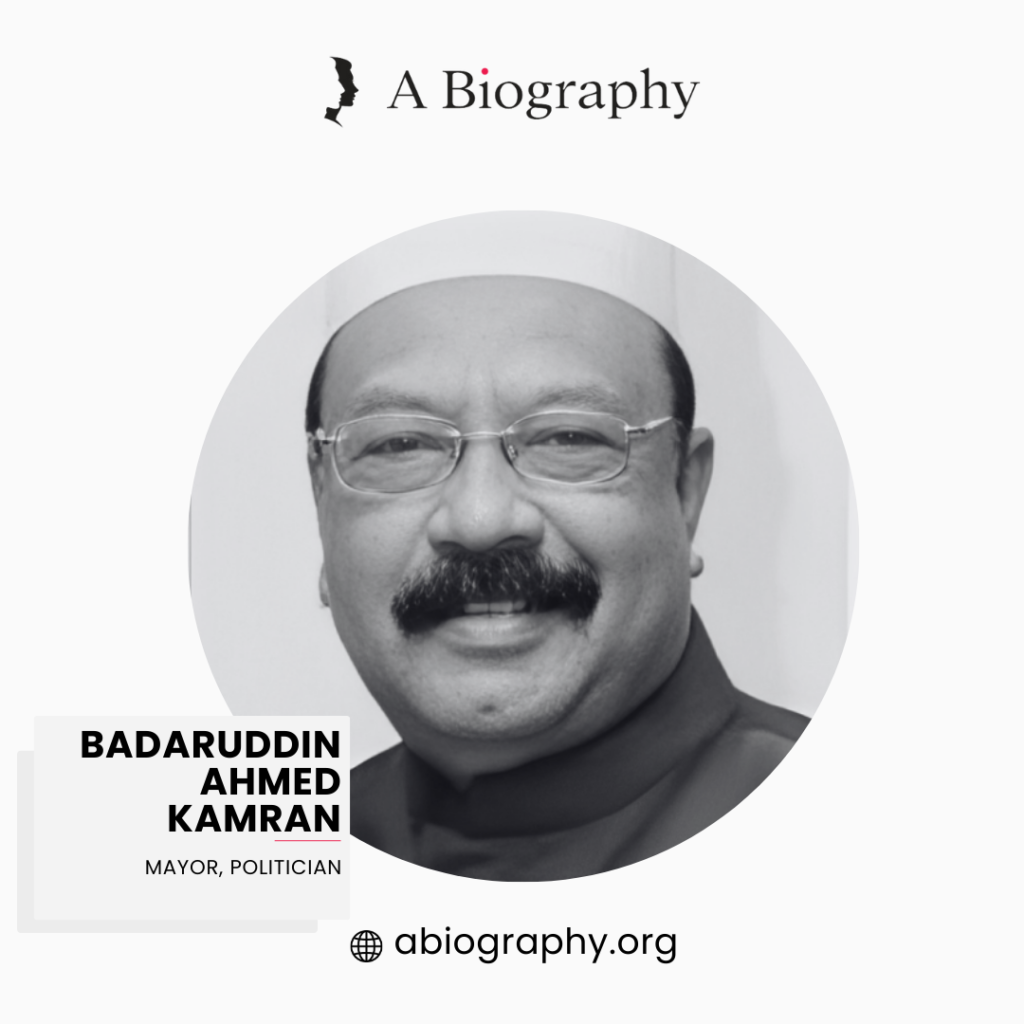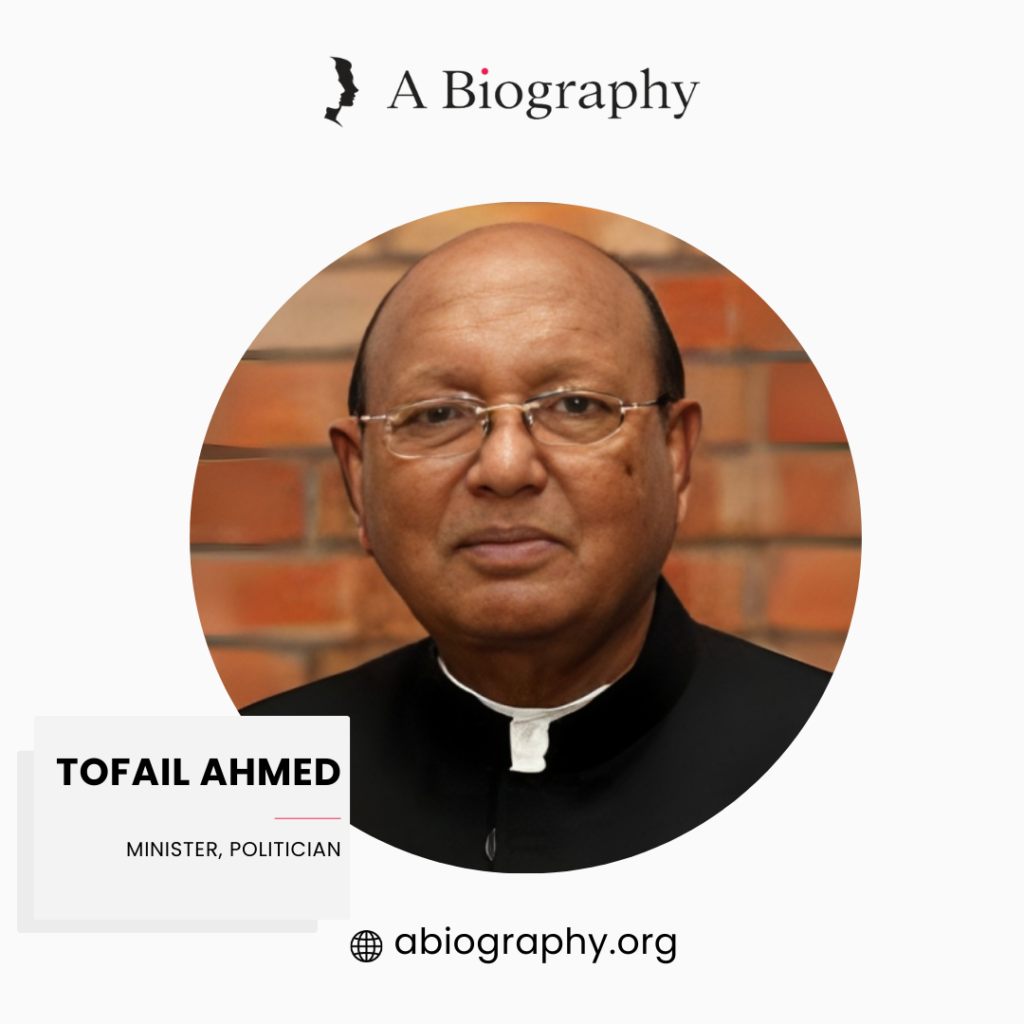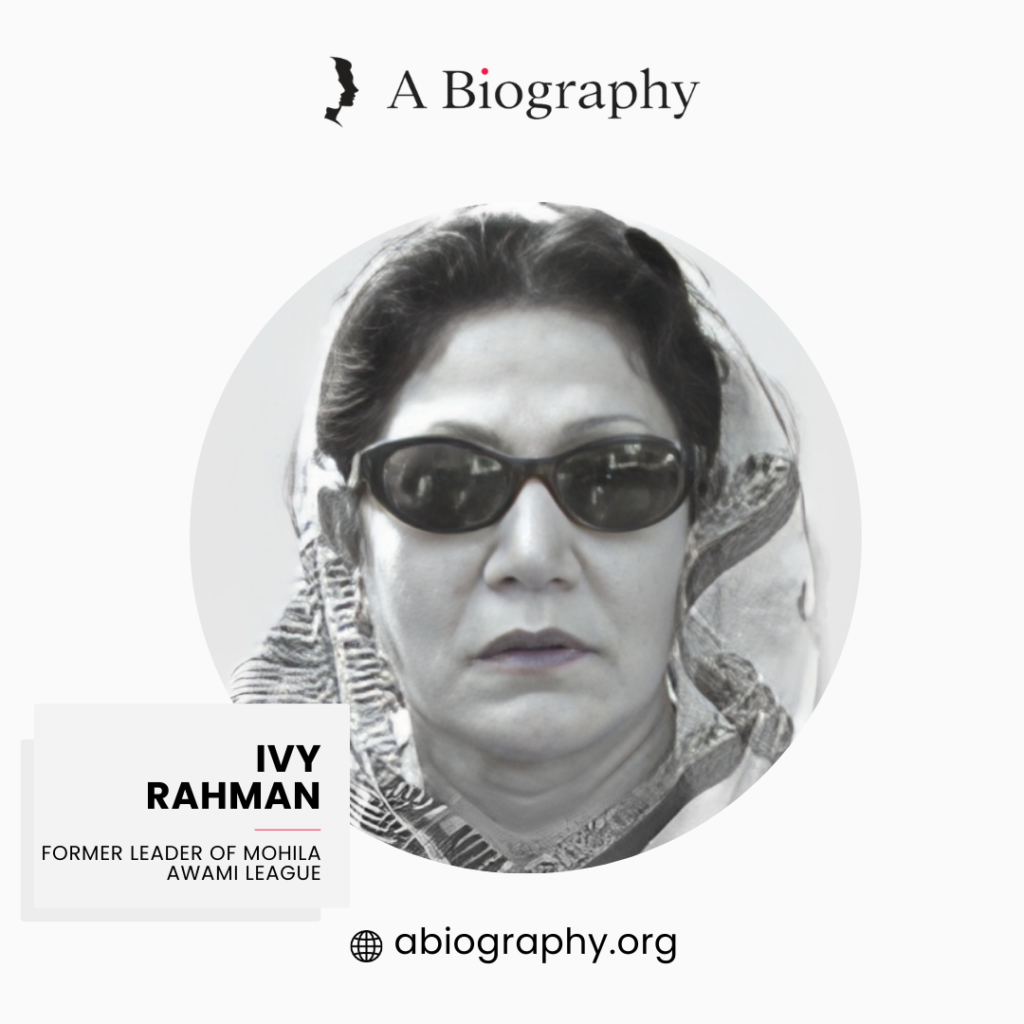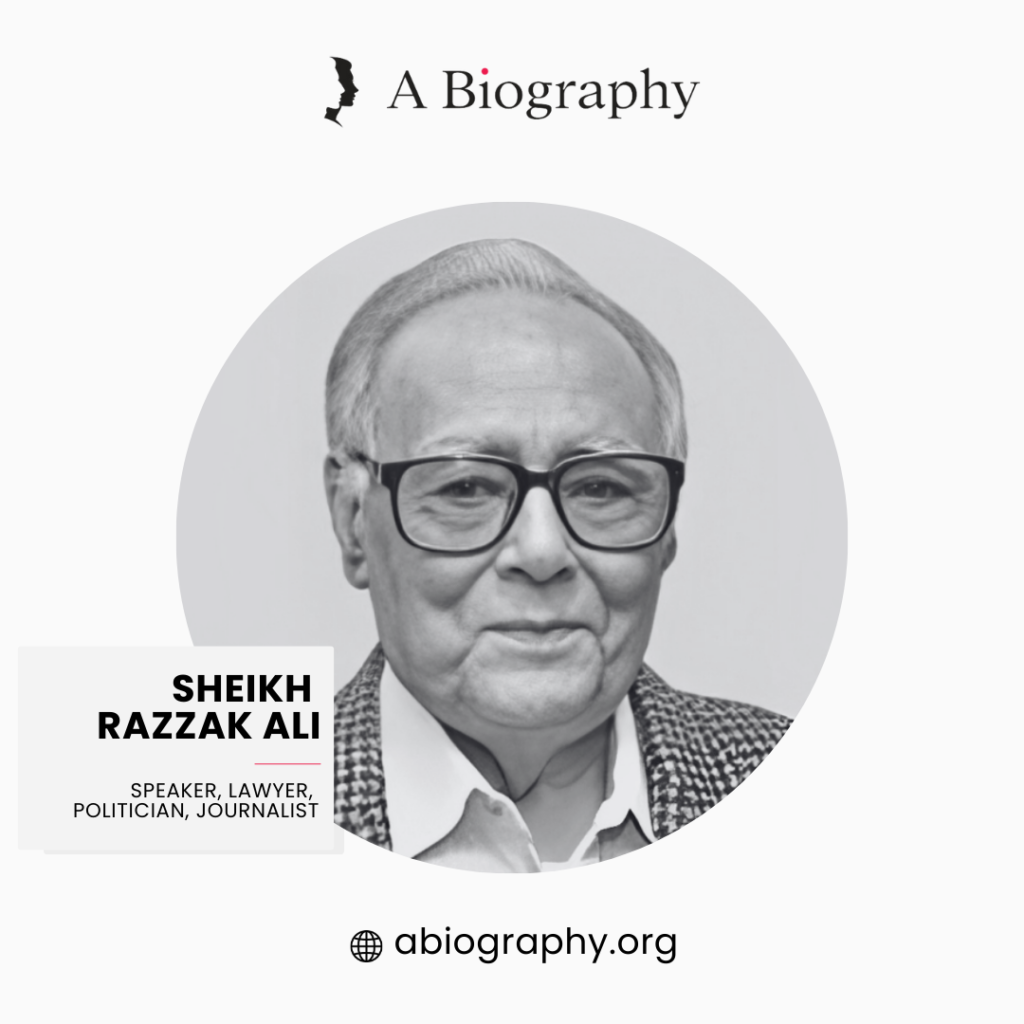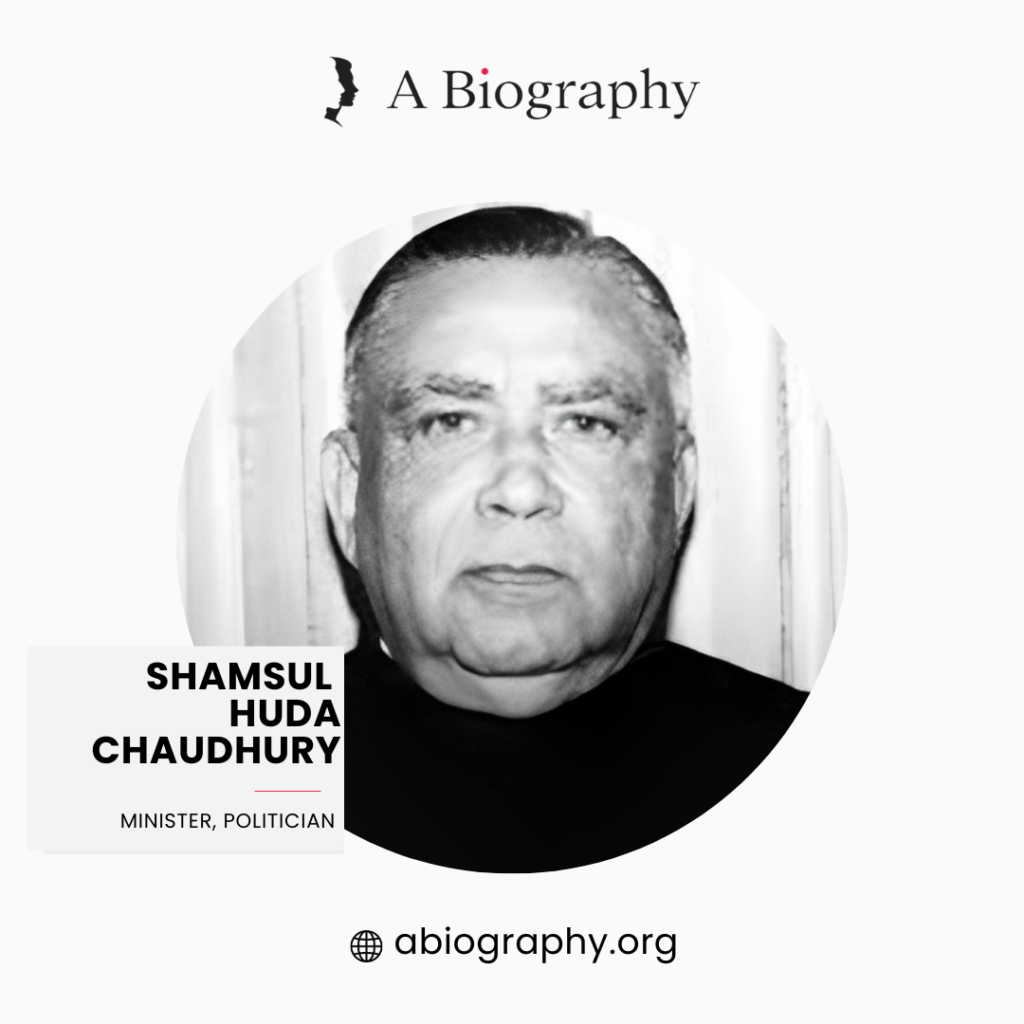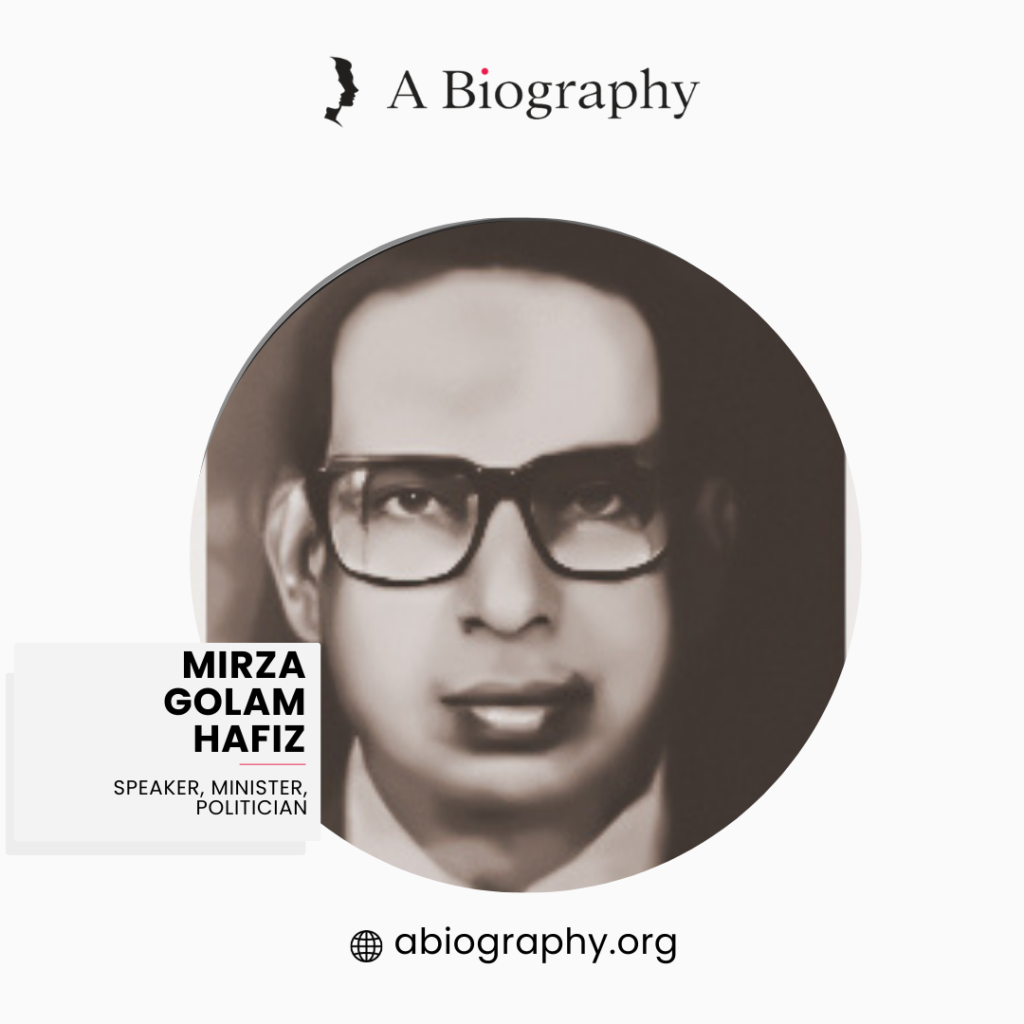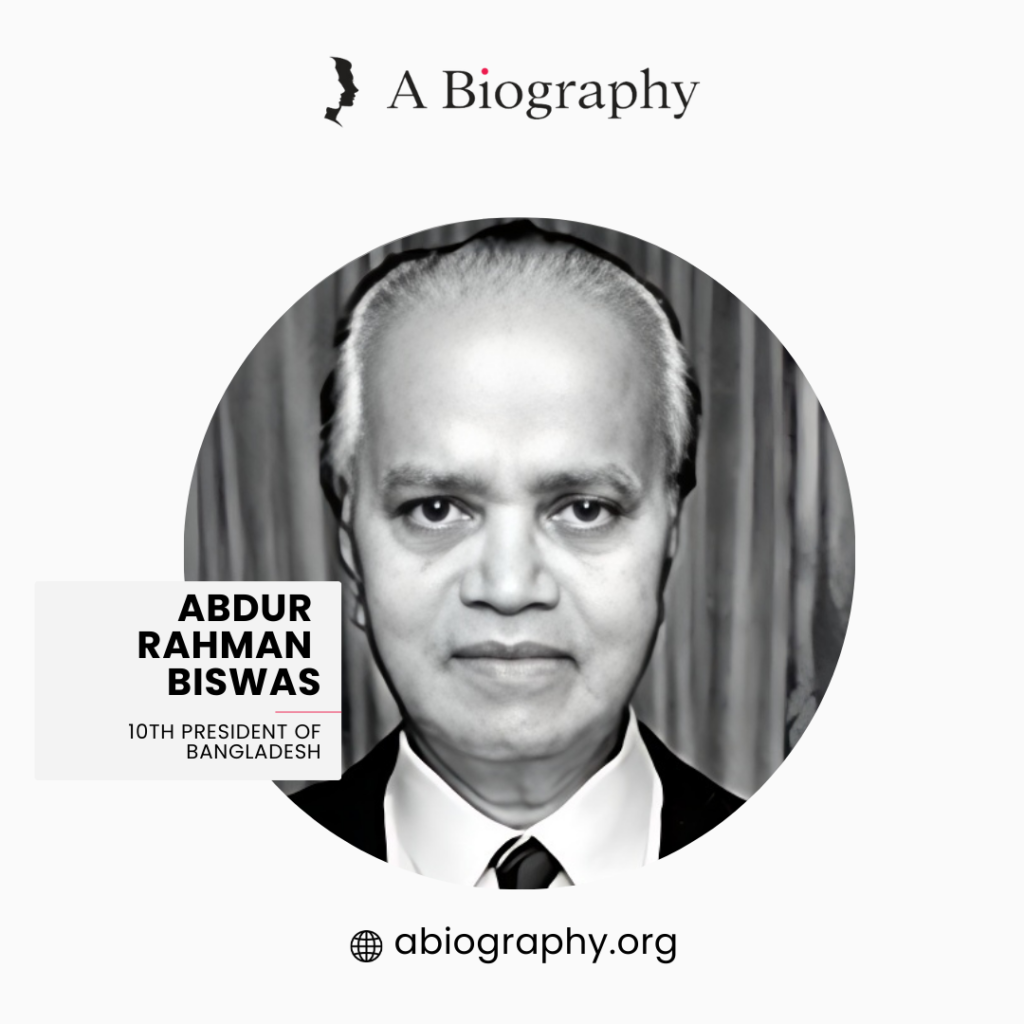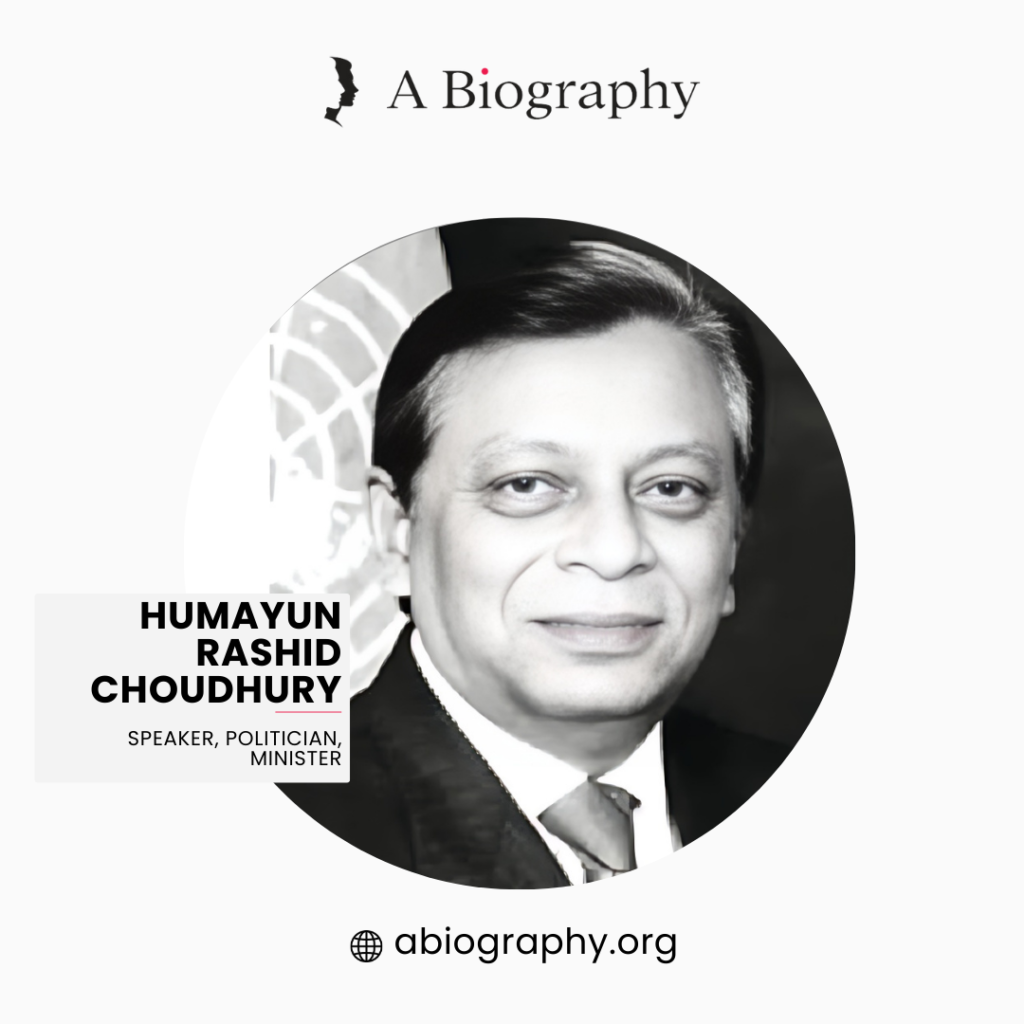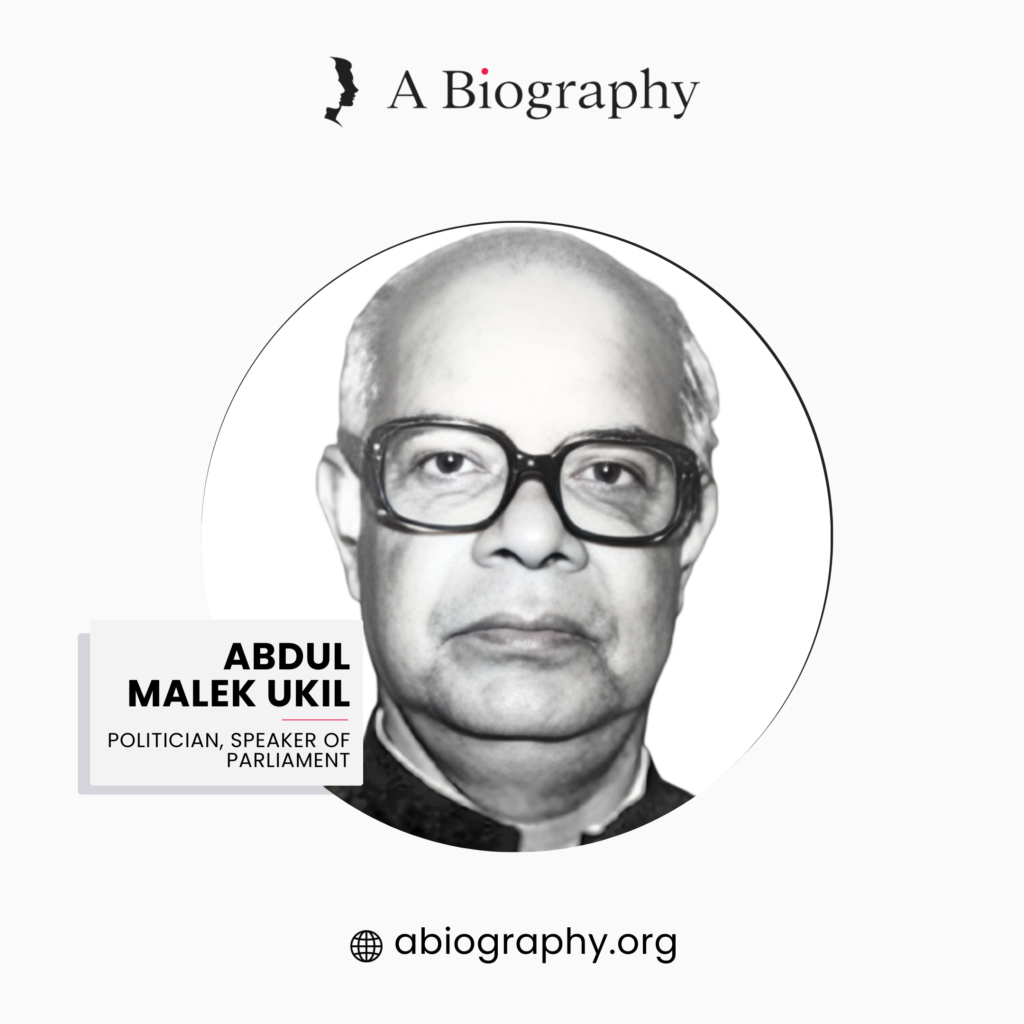BIOGRAPHY OF MOHAMMAD MOHAMMADULLAH
the third President of Bangladesh from 1973 to 1975
(24 December 1973 until 25 January 1975)
Table of Contents
ToggleIntroduction
Mohammad Mohammadullah, a prominent figure in Bangladesh’s political landscape, served as the country’s President from 1973 to 1975. He was the third President of Bangladesh. Mohammadullah was an important member of the Awami Muslim League and a key figure in the Bangladesh Liberation War. He was a respected jurist and a skilled diplomat.
Mohammadullah was also a strong advocate for democracy and human rights. He was known for his visionary leadership and dedication to the welfare of the nation. As the former President of Bangladesh, Mohammadullah’s extraordinary contributions have left an unforgettable mark on the country’s political, social, and economic landscape.
Throughout his tenure, he demonstrated uncompromising integrity and a tireless commitment to improving the lives of his country’s citizens. In this article, we will find out more about this legendary politician.
Life of "Mohammad Mohammadullah" At a Glance
◉ Real Name: Mohammad Mohammadullah
◉ Nationality: Bangladeshi
◉ Known For 3rd President of Bangladesh (24 December 1973 until 25 January 1975)
◉ Preceded by: Abu Sayeed Chowdhury
◉ Succeeded by: Sheikh Mujibur Rahman
◉ Date of Birth: October 21, 1921
◉ Place of Birth: Saicha, Raipur Upazila, Lakshmipur District, British India
◉ Date of Death: 11 November 1999
◉ Dying Age: 78
◉ Resting Place: Banani Graveyard, Dhaka
◉ Father’s Name: Munshi Abdul Wahab
◉ Education:
➢ SSC: Lakshmipur Adarsha Samad Government High School in 1938
➢ Bachelor of Arts: (History) Dhaka University in 1943
➢ Bachelor of Laws: Ripon College of Kolkata in 1948
➢Bachelor of Laws: Dhaka University in 1948
◉ Career:
➢Joined the Dhaka Bar in 1950;
➢ Joined as an activist in the Awami Muslim League in 1950;
➢Served as East Pakistan Awami Muslim League’s office secretary from 1953 to 1972;
➢Became an advocate in the Dhaka High Court Bar in 1964;
➢Selected as a member of the East Pakistan Provincial Assembly in 1970;
➢During the Bangladesh Liberation War, he was the political adviser of acting President Syed Nazrul Islam of the Mujibnagar government;
➢Elected as the Deputy Speaker of the Bangladesh Constituent Assembly (Ganoparishad) on 10 April 1972;
➢Elected as the speaker of the national parliament of Bangladesh (Jatiya Sangsad) on November 12, 1972, and again in 1973;
➢From the constituency of Raipur-Lakshmipur, he was chosen as a member of the Jatiya Sangsad in 1973;
➢Became the minister of the Land Administration and Land Reforms Ministry on January 26, 1975;
➢Became the Vice President on August 1975;
➢Left Awami League and joined Bangladesh Nationalist Party (BNP) in 1980;
➢Appointed as Vice President on March 23, 1982;
➢Selected as a member of the Jatiya Sangsad as a candidate for BNP in 1991;
➢Resigned from the Bangladesh Nationalist Party and joined the Awami League in 1996;
◉ Awards Received:
King Jigme Singye Investiture Medal (2nd June 1974)
◉ Religion: Islam
◉ Children: Three sons and two daughters
Early Life and Education
Mohammad Mohammadullah was born on October 21, 1921, in the village of Saicha, Raipur Upazila, Lakshmipur District, British India. His father’s name was Munshi Abdul Wahab and he was a social worker. Mohammadullah attended Lakshmipur Adarsha Samad Government High School for his secondary education and passed the secondary school certificate examination there in 1938.
He then went on to study at Dhaka University, where he earned a Bachelor of Arts degree in history in 1943. In 1948, Mohammadullah earned a Bachelor of Laws degree from the Ripon College of Kolkata. In the same year, he again obtained the Bachelor of Laws degree from Dhaka University.
Professional Career
After completing graduation, Mohammadullah began practicing law in Dhaka. He quickly became one of the city’s leading lawyers. In 1950, Mohammadullah joined the Dhaka Bar. He registered as an advocate at the Dhaka High Court Bar in the year 1964. In 1950, Mohammadullah joined as an activist in the Awami Muslim League, a political party that was founded to promote Bengali nationalism.
He entered the Awami League office, which was then situated in Nawabpur, and said to Sheikh Mujibur Rahman his desire to volunteer for the organization. He then began working in the post of office management. Mohammadullah quickly rose through the ranks of the party and became a close associate of Sheikh Mujibur Rahman, the leader of the Awami League.
He was chosen by Sheikh Mujibur Rahman to serve as the East Pakistan Awami Muslim League’s office secretary in 1953, and he did so for 20 years until 1972. In 1966, Mohammadullah was a key figure in the Six Point Movement, a campaign for greater sovereignty in East Pakistan.
The movement was successful in forcing the Pakistani government to make some concessions to East Pakistan, but it also led to the imprisonment of many Awami League leaders, including Mohammadullah. After being imprisoned for a long period, he got released and continued to be active in politics. He was selected as a member of the East Pakistan Provincial Assembly in 1970.
During the Bangladesh Liberation War, Mohammadullah was the political adviser of Syed Nazrul Islam who was the acting President of the Mujibnagar government, the government-in-exile of Bangladesh. After the war, he was chosen to serve as the Bangladesh Constituent Assembly’s (Ganoparishad) Deputy Speaker on April 10, 1972.
He was appointed acting Speaker in the same year when Speaker Shah Abdul Hamid passed away. Later, on November 12, 1972, he was chosen as the Speaker. From the constituency of Raipur-Lakshmipur, Mohammadullah was chosen as a member of the national parliament of Bangladesh (Jatiya Sangsad), and in 1973, he was chosen once more as the Speaker of the parliament.
On December 24, 1973, he was appointed interim President, and on January 24, 1974, he was elected President. On January 24, 1974, Bangladesh held its first-ever indirect Presidential election. Prior to the introduction of the Presidential system in January 1975, this was the first and final Presidential election held under a parliamentary system.
As there were no other contenders, the parliament elected Mohammad Mohammadullah as President without any voting. On January 27, 1974, Mohammadullah took the oath of office as the country’s President. The oath of office was administered in Bangabhaban by Justice Abu Sadat Mohammad Sayem, Chief Justice of Bangladesh’s Supreme Court.
The fourth amendment was passed on January 25, 1975, removing Mohammadullah from the presidency and appointing Bangabandhu Sheikh Mujibur Rahman as president of Bangladesh for a five-year tenure. After that, on January 26, 1975, Sheikh Mujibur Rahman appointed him as a minister in the Land Administration and Land Reforms Ministry.
Mohammadullah was chosen by those people involved in the August 1975 assassination of Bangabandhu Sheikh Mujibur Rahman to serve as Vice President. In 1980, he entered into the Bangladesh Nationalist Party (BNP) after quitting the politics of the Awami League. On March 23, 1982, President Abdus Sattar named him Vice President.
However, the position was only held by him for about a year before Lieutenant General Ershad gained control of the nation’s governance. In 1991, Mohammadullah was again selected as a Jatiya Sangsad member as a candidate for the BNP. However, prior to the parliamentary elections in 1996, he resigned from the Bangladesh Nationalist Party and joined the Awami League.
Personal Life
We could not find enough information on Mohammadullah’s family members. We only found out that he had two daughters and three sons. Mohammadullah was a devout Muslim and a committed family man. He was a social worker, a generous philanthropist, and a tireless advocate for human rights. Mohammadullah was also a patron of several educational institutions and charitable organizations.
Legacy
Mohammad Mohammadullah was a prominent figure in Bangladeshi politics and society. He was a leading figure in the independence movement and was a major contributor to the development of Bangladesh.
The Fourth Constitutional Amendment Bill, which altered the nation’s governance from a parliamentary system to a presidential system, was passed during the presidency tenure of Mohammadullah. As President, Mohammadullah was a strong advocate of democracy and human rights. He worked to improve the lives of the people of Bangladesh and to promote economic development.
Mohammadullah also worked to improve relations with neighboring countries. He was a respected lawyer, a skilled diplomat, and a patriot. Also, he was a respected politician and statesman. Mohammadullah is remembered as a man of integrity, courage, and vision. His legacy is one of service to his country and his people.
Awards and Recognition
Mohammadullah was awarded the King Jigme Singye Investiture Medal by the Kingdom of Bhutan on June 2, 1974.
Death
At the age of 78, Mohammadullah passed away on November 11, 1999. At the time of his death, his wife, two daughters, and three sons were left behind. He was laid to rest next to Naval Headquarters in Banani Graveyard.
Conclusion
In summary, Mohammad Mohammadullah’s journey from a small village in Lakshmipur to the presidency of Bangladesh is a testament to his extraordinary leadership, unwavering commitment, and vision for a prosperous nation. His dedication to public service, coupled with his compassion for the underprivileged, made him a transformative figure in Bangladesh’s history.
Mohammadullah was a complex and multifaceted individual. He was a man of many talents and accomplishments. He was a lawyer, a politician, a diplomat, and a statesman. Through his strategic policies and inclusive approach, Mohammadullah spearheaded the country’s development, leaving an indelible mark on its social, economic, and political fabric.
He was a man who dedicated his life to the betterment of his country and its people. Mohammadullah was a true patriot and a statesman. His legacy as a visionary leader, philanthropist, and advocate for progress will continue to shape Bangladesh’s future, inspiring generations to come.

